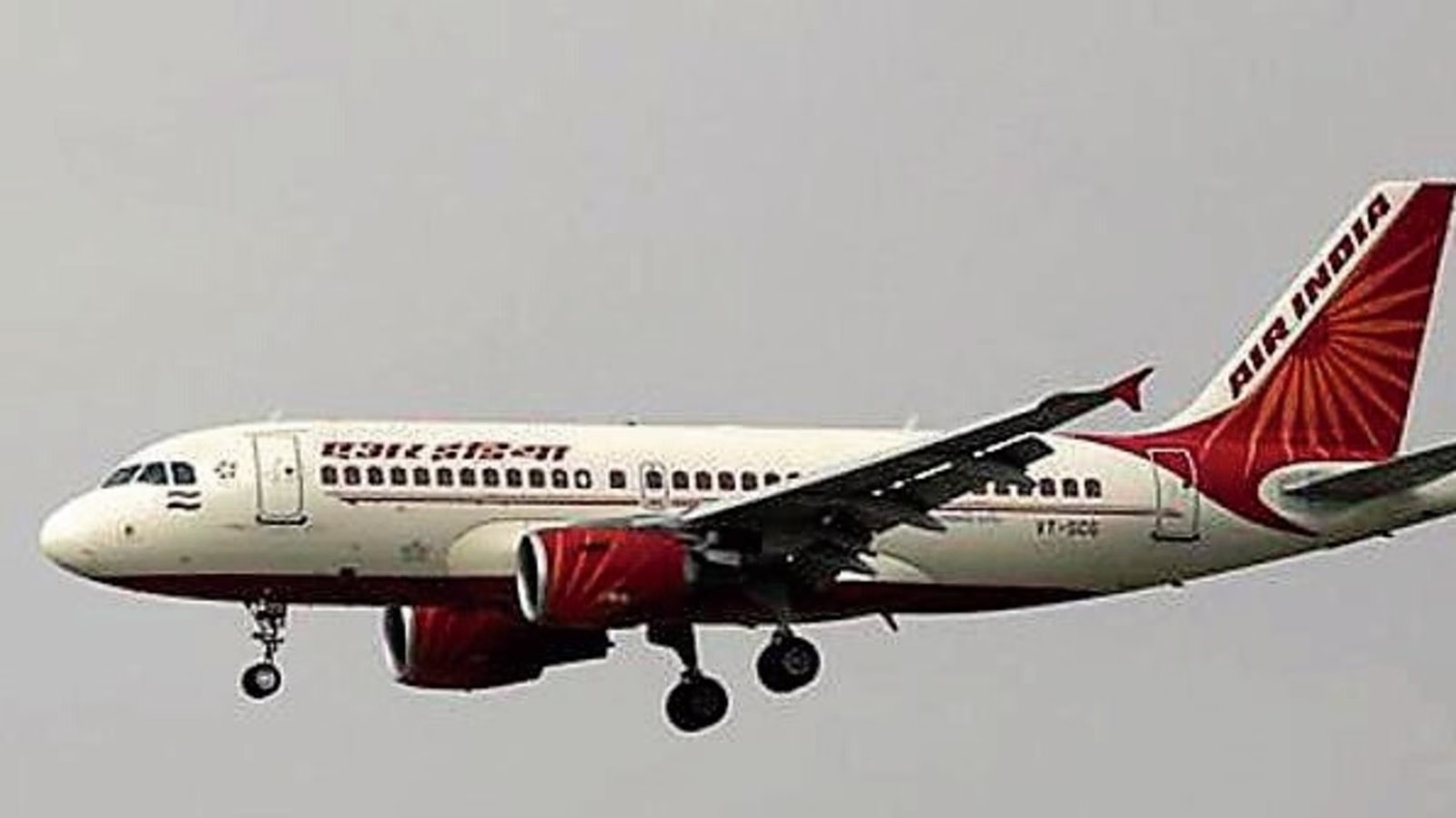For the purpose of hearing the collection of petitions requesting the legal recognition of same-sex weddings in India, the Supreme Court has constituted a five-judge Constitution bench. Sanjay Kishan Kaul, Ravindra Bhat, Hima Kohli, and PS Narasimha are also justices on the panel assembled by Chief Justice of India (CJI) DY Chandrachud.
The supreme court referred the arguments to the Constitution bench earlier on March 13 because it believed the situation raised issues of “seminal importance.” A three-judge panel led by the Chief Justice of India stated in its reference decision that the arguments on the one hand deal with the interaction between constitutional rights and particular laws (such as the Special Marriage Act), and on the other, the rights of transgender couples.
What is the situation?
Supriyo and Abhay, a same-sex couple, were the subject of one of the arguments in this case. They met in Hyderabad in December 2012. The couple decided to hold a “wedding-cum-commitment ceremony” to honour their relationship with their loved ones after introducing one other to their parents. However, the ceremony was ultimately just that.
Even though they have subsequently established a life together and the supreme court has repeatedly ruled that all adults have the right to marry the person of their choice, they claim that despite doing so, they do not possess any of the privileges that married couples do.
Additionally, only married couples now have the automatic rights to inheritance, maintenance, and tax breaks as well as the ability to adopt or produce children through surrogacy or assisted reproductive technology. In accordance with a number of employment statutes, they are also entitled to benefits. The argument made in the petition is that the state continues to protect a spouse even after death since a widow or widower, or their offspring, can apply for a pension or compassionate appointments.
The pair will not be able to profit legally from legislation like the Transplantation of Human Organs Act, which only permits close family members to object to the use of a deceased person’s corpse for medicinal purposes or organ donation, according to the appeal. Similar to this, Section 80 of the Income Tax Act of 1961 allows for the deduction of certain amounts when determining an assessee’s total income where those amounts are paid on behalf of a spouse.
It states that marriage is one of the main ways society accepts, respects, and validates a couple and, significantly, that this social status is conferred by the law. The argument made in the plea is that by completely barring same-sex couples from the institution of marriage, the statute places a burden on them that is unconstitutionally excessive.
The argument puts up a case for bringing in structural reforms along with attitudinal ones, arguing that equality is not accomplished with the decriminalisation of sexuality alone but must extend to all aspects of life, such as the family, workplace, and public spaces. Therefore, the argument asks for the right to marry for same-sex couples, which entails a number of obligations and rights “bestowed and protected by the law.”
It did so by relying on a number of other Supreme Court decisions that affirmed the rights of LGBTQ people.
What prior events did the SC host?
The argument in the plea is that under Article 21 (right to life), an adult has the right to marry the person of their choice. It bases this claim on the Supreme Court’s rulings in the cases of Lata Singh v. State of UP (2006), Shafin Johan v. Asokan K.M. (2018), and Laxmibai Chandaragi B. v. State of Karnataka (2021).
The appeal cited the Supreme Court’s 2017 decision in KS Puttaswamy v. Union of India, where a nine-judge bench stated that LGBTQ rights cannot be construed as “so-called rights,” but rather real rights based on sound constitutional doctrine, and claimed that the SC has always protected interfaith and intercaste couples when they chose to marry. They have a natural right to life. They live in peace and respect. They are the very foundation of liberty and freedom, according to the 2017 decision.
A year later, it was determined that LGBTQ people are entitled to the “full range of constitutional rights, including the liberties protected by the Constitution” in the case of Navtej Singh Johar & Ors. vs. UOI.
According to the court, “the constitutional protection of sexual orientation is intrinsic to the right not to be subjected to discriminatory behaviour and the right to choose whom to partner with.” The present argument further stated that due to the Supreme Court’s ruling in Johar, LGBTQ couples who petitioned constitutional courts nationwide were given protection.
What acts were referred to?
In addition to referencing judicial precedents, the plea called for the inclusion of same-sex couples in the privileges granted to married couples under a number of laws, such as the 1954 Special Marriage Act, which at the moment excludes people based on their gender or sexual orientation. The Special Marriage Act of 1954, which was created to give couples who are forbidden from marrying by personal laws based on their religion a legal form of marriage, was contested in this case for discriminating against same-sex couples.
In addition, the plea requested a judicial review on the grounds that the Constitution’s Articles 14 (right to equality before the law), 15 (right against discrimination based on religion, race, caste, sex, or place of birth), 19, and 21 (right to freedom of speech and expression) are all violated by the non-recognition of same-sex marriage.
It argued that both petitioners were over 21, were not married to anyone else, and were not involved in a relationship that was prohibited by Schedule 1 to any significant degree. It claimed that the only thing standing in the way of their marriage was that they were both of the same sex.
It argued that both petitioners were over 21, were not married to anyone else, and were not involved in a relationship that was prohibited by Schedule 1 to any significant degree. It claimed that the only thing standing in the way of their marriage was that they were both of the same sex.
In addition to these, the petition makes reference to a number of laws and policies, including the Payment of Gratuity Act 1972, Payment of Wages Rules 2009, Employee’s Provident Fund Scheme 1952, Pradhan Mantri Shram Yogi Maan Dhan Yojana under the Unorganised Workers’ Social Security Act, 2008, the Indian Evidence Act, 1872, the Juvenile Justice Act, 2015, as well as the Surrogacy Regulation Act 2021 and the Assisted Reproductive Technology (Regulation).












